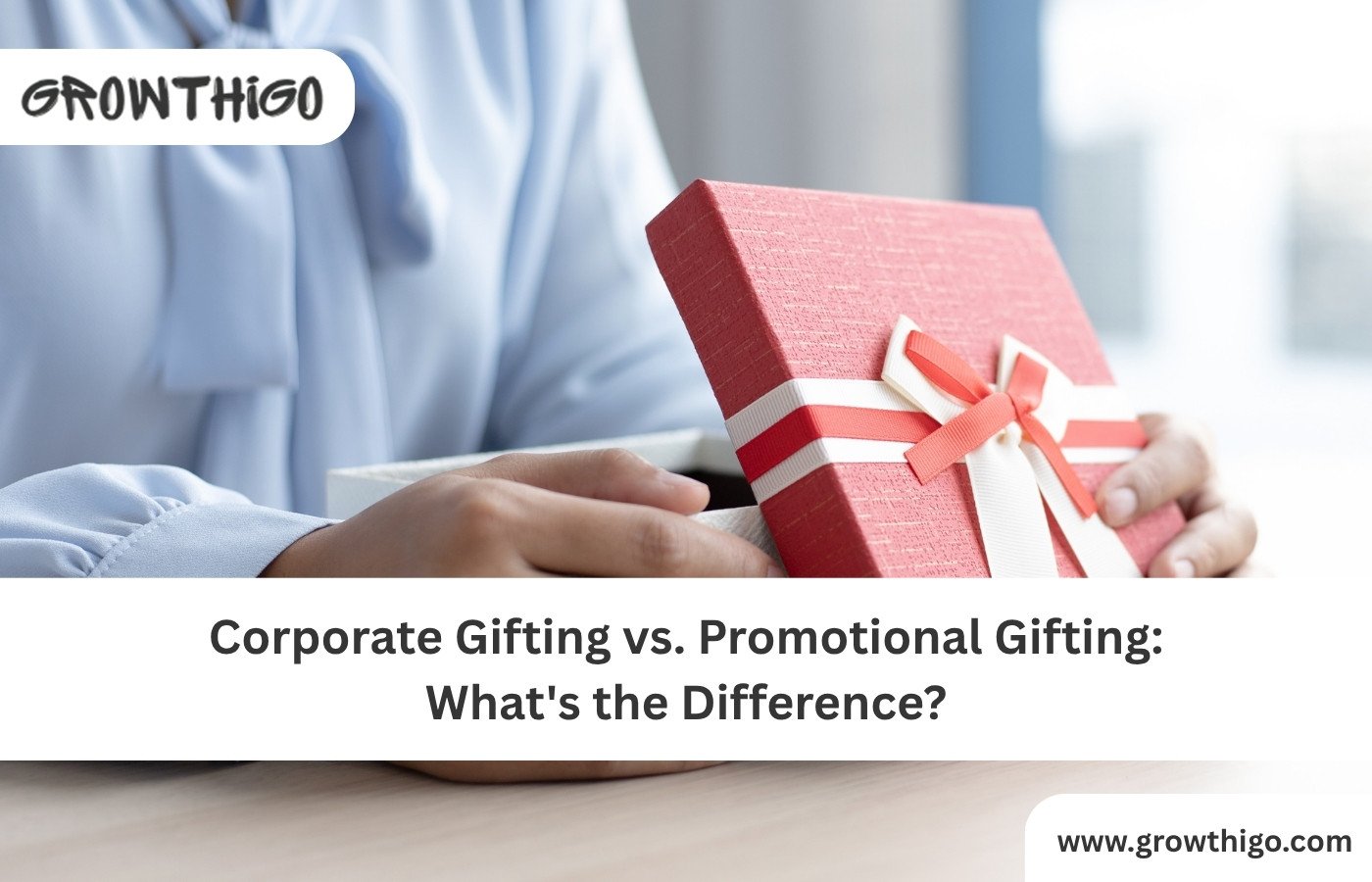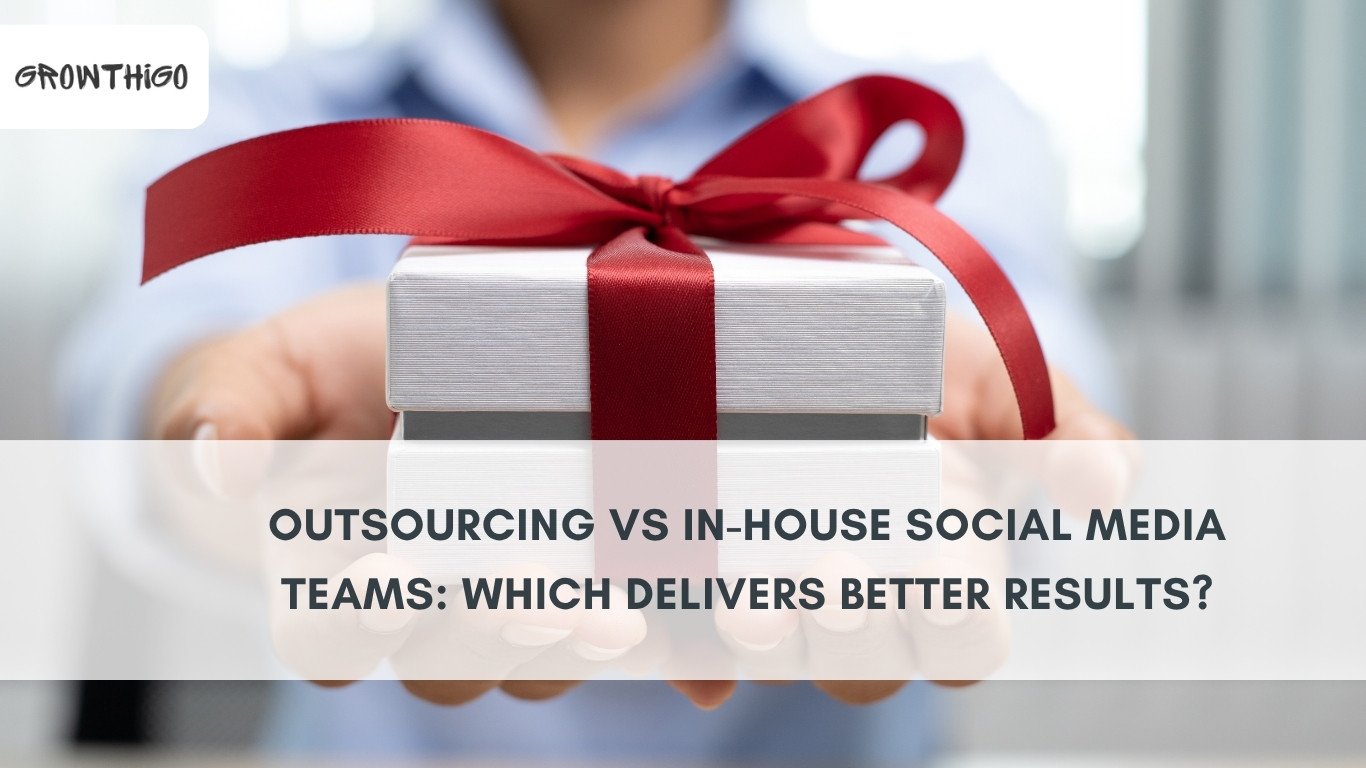Corporate gifting may be seen as mere good deeds or something typical in interacting with clients and employees. However, when poorly done, it is associated with its own as yet unseen expenses that are sometimes so much bigger than the prospects it is designed to achieve. Sending out corporate gifts to employees, showing appreciation to a client or handing up corporate gift boxes during the holiday season, the manner in which you conceive it and carry it out can either make or break its perception.
A well-executed corporate gifting plan boosts morale, strengthens relationships, and elevates brand perception. Nevertheless, when such is accomplished without motive or planning, the aftermath spreads out over operating expenses, image, staff morale, as well as missed ROI. That is why it is essential that HR executives, marketing specialists, and entrepreneurs learn about the latent expensiveness of ineffective corporate presents.

The Financial Pitfall: Wasted Budget
Budget mismanagement turns out to be one of the most evident expenses. Lacking a well-defined corporate gift planning, the companies tend to spend too much on rush shipping, overlapping supply or unwanted gifts to which the recipients do not attach value. The urgency of choices or last-minute fulfillment drives up the cost of logistics and the business is left with excesses that increase warehousing expenses.
Besides, the due diligence of corporate gifting companies should also be done because what can be delivered instead is an unimpressive but expensive gift. Against giving premium corporate gifts, the organizers might end up giving general items with exaggerated margins, resulting in the recipients being dissatisfied and your corporate investment will be worthless.
Reputation Damage: The Brand Perception Trap
Your corporate gift gives the values of your brand. An appropriately selected gift, even when it is cheap, excessively branded or inapplicable can ruin your brand image. Suppose you are giving a one-size-fits-all type of product with a giant logo. It creates a poor impression: what the company regards its stakeholders is simply another name on the list.
Brands that consistently deliver thoughtful, customizable gifts and personalized corporate gift tend to foster better emotional connections. Conversely, thoughtless gifts will only make the clients and employees feel that the company does not value them and thus, will doubt its intentions.
Employee Morale: Undermining Internal Culture
As beneficial as gifting can be to boost morale, demotivating effects could be achieved when gifts are either uneven, impersonal, or irregular. Employees contrast whatever is given to them and their colleagues. In case of unfairness, engagement can be reduced and dissatisfaction can be raised.
Sending unique corporate gifts for employees tailored to their preferences or roles creates a sense of appreciation. But when gifting is handled without intention, the result can be resentment rather than gratitude.
Lost Opportunities with Clients
The customers require intellectual interaction. Inappropriate or ill-timed gifts are even worse than no gift. For instance, sending corporate gifts for clients without understanding their values, culture, or preferences can create friction
Also, basing the corporate gift on some archaic concepts or missing the location or working regime of the client (like remote teams or even client locations) can potentially cause the non-delivery or utilization of offering. During this time, contactless gift choices and gift delivery timing personalization is essential.
Compliance and Ethical Risks
Most industries also observe strict guidelines of giving gifts. Excessive gifts that are unacceptable or otherwise unethical may have certain legal as well as reputational implications.
Weak documentation, non-approval procedure or non-checking of compliance can put companies open to internal audits and publicity. This cost is hidden, especially dangerous as it can turn to manifest itself only when the damage has already happened.
Logistics and Operational Stress
Unplanned gifting campaigns are commonly hectic to the HR, administration, or marketing department. The ordering behavior that involves last-minute causes vendor disarray, scheduling and logistical fumbles.
In other instances, businesses are left to deal with returns, reorders or handling of failed deliveries manually, taking away time on the firm to deal with real business activities. A streamlined, well-documented process supported by reliable corporate gifting companies can reduce this operational strain.
Environmental and Sustainability Impact
An environmental cost is one of the less talked about hidden costs. Disposable gifts, especially the low-quality ones, do not characterize a company well in terms of sustainability efforts, not to mention they end up in landfills. This is also worsened by packaging waste, carbon intensive delivery and non-recyclable products.
Increasingly more companies switch to wellness gifts, environmentally friendly hampers and green corporate gift boxes as they want to be in line with environmental initiatives. Sustainable giving does not only mean good morality, but it also increases brand trust.
Emotional Disconnect: Missing the Human Element
When it is felt that gifting is more of a transactional activity than something meaningful to the mind, the emotional touch will be lost. Clients and employees will be able to feel whether a gift is meaningful or it is a kind of commitment.
In this case, emotional intelligence plays a very important role. To know that thing, or experience, or movie, that motivates, encourages or pleasures your recipient is what makes the difference between a fruitful experience of giving and a missed opportunity. Luxury corporate gifts that are useful and aligned with recipient lifestyle often create lasting emotional impressions.
Poor ROI and Lack of Gifting Metrics
Quite a number of companies fail to quantify the results of their gifting programs. It cannot measure the success of the gifting activity unless it follows up evidence of engagement, follow-up communications, changes in behavior (retention or referrals).
It is vital to have KPIs that can be related to the gifting e.g. employee NPS scores after the gifting or customer feedback. It is not only the business of providing the best corporate gifts but also knowing it in terms of business.
Ignoring Cross-Cultural Sensitivities
Cultural awareness plays an imperative role in global and cross-cultural teams. Not every gift is suitable in one region, it may be offensive or inappropriate in another region. It cannot be a good idea to send alcohol to a person who does not drink alcohol because of religious beliefs, or non-vegetarian sweets to a vegetarian team.
Considered giving honors culture. This might entail geographically related business presents in India, locally made products and hampers of food sourced in line with their diets. Consciousness in this case will create inclusiveness and prevent embarrassing mistakes.
Overlooking Remote Work Trends
In light of remote and hybrid work as the new standard, the traditional office drop-offs are not efficient anymore. The strategies of gifting should lately reflect on distributed teams and the capability of delivering gifts to home addresses.
Remote-friendly gifting services provide door-to-door delivery, personalized choice, and ability to track shipment to make this easier. Not responding to this change leads to a lack of engagement, and unnecessary spend.
Poor Customization: One-Size-Fits-All Syndrome
Disinterestedness or even resentment are the result of giving impersonal gifts. Distributing the same item to all parties is an indication of carelessness on the part of the companies. This is particularly so in case of bulk purchased, impersonalized products.
The availability of customizable gifts will make it easy for local small businesses to make your stakeholders happy through gifts that they appreciate. That could be branded accessories per roles or locations, or even gifts that orient around wellness and productivity or ones that are either around the hobbies.
Outdated Gifting Trends
Impersonal gifts often lead to disinterest or even resentment. When companies distribute the same item across all recipients, it signals a lack of care. This is especially true with bulk-ordered, impersonal products.
Wellness gifts, gifts made using tech enabled accessories, locally made and handicrafts, eco-friendly material and premium corporate gifts are also trending because they resonate with the lifestyle mentality. Knowing what to give, and keeping up will make the gift feel as though it were important.
Summary of Key Hidden Costs
- Financial Waste: From unnecessary shipping to irrelevant inventory.
- Brand Damage: Through poorly aligned or low-quality gifting.
- Operational Disruption: Due to chaotic last-minute processes.
- Morale Reduction: When employees feel overlooked or undervalued.
- Client Risk: Gifting missteps that harm relationships.
- Cultural Misalignment: Gifts that clash with personal or regional values.
- Environmental Toll: Unsustainable products and packaging.
- Missed ROI: When impact is not measured or optimized.
- Lack of Emotional Connection: Gifts that feel robotic rather than thoughtful.
It is possible to learn how to avoid such pitfalls by strategically planning. When the focus of companies is more on emotion than exchange when it comes to giving gifts, there is always an increase in engagement, loyalty and a more evident pay-back. It is the right partner, who shares your values and objectives is the key to the difference.
It would be wise to think smart and not only spend big in the onslaught of the corporate gift India world. There is of course, one thing that should always be at the forefront before exploring holiday gifting, sourcing corporate gifts to clients, or surprising those remote teams with personalized corporate gifts and that is strategy and insight.
FAQ’s
Hidden costs include rushed shipping fees, poor ROI, damaged brand reputation, employee disengagement, compliance issues, waste from unused gifts, and lost productivity due to poor logistics or vendor mismanagement.
Impersonal or unequal gifts can make employees feel undervalued or overlooked, leading to resentment rather than appreciation especially when compared to more thoughtful or personalized gifts given to peers.
Proper corporate gift planning ensures gifts are relevant, timely, compliant, and aligned with your brand values. It also helps avoid overspending, last-minute errors, and delivery issues.
A generic or culturally insensitive gift can create friction or reduce trust. In contrast, well-timed and personalized corporate gifts show thoughtfulness and can strengthen long-term partnerships.
Ignoring cultural or dietary sensitivities can lead to embarrassment, offense, or a loss of credibility especially in diverse teams or global business environments.
Opt for customizable gifts, wellness gifts, luxury corporate gifts, or corporate gift boxes tailored to your recipients’ preferences, roles, and values.




















